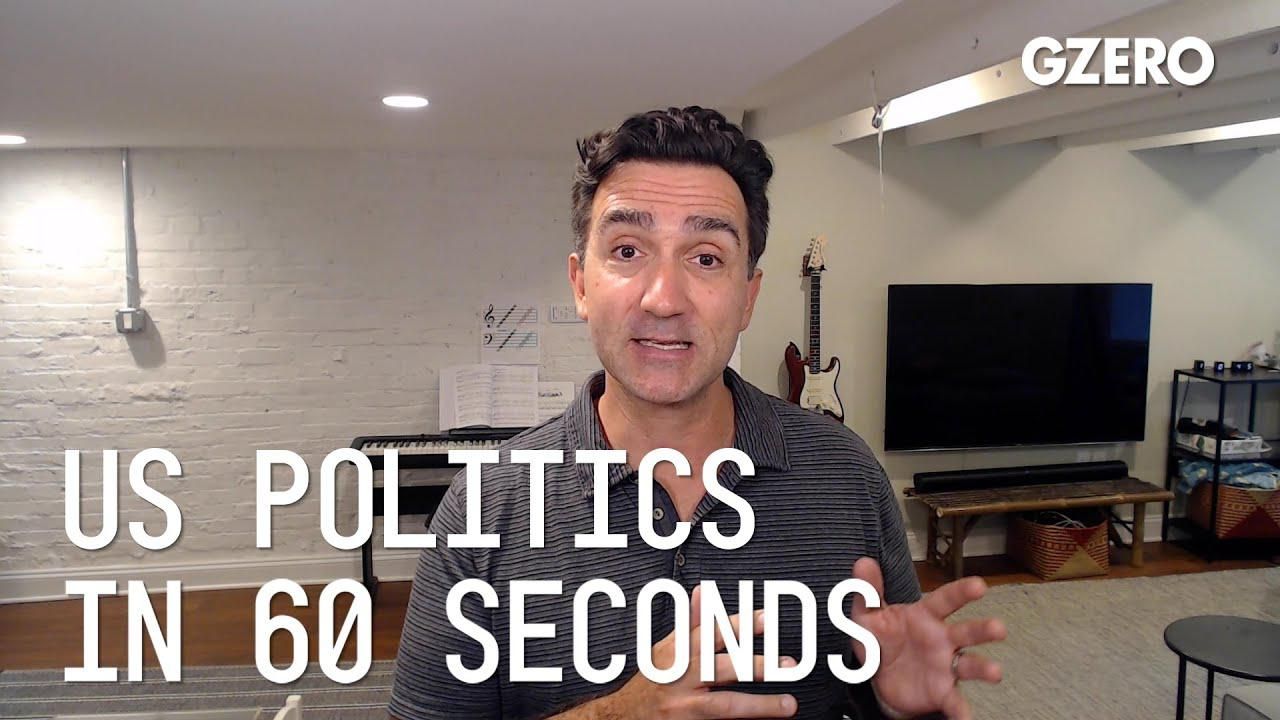
Jon Lieber, head of Eurasia Group's coverage of political and policy developments in Washington, shares his perspective on US politics:
What will be the immediate impact of the Supreme Court's decision to overturn Roe v. Wade?
This week's decision is the culmination of 40 years of work by the conservative legal movement to create the alignment of justices willing to make this choice, which ironically came together during the presidency of Donald Trump, who, for most of his career, was not a conservative Republican. Abortion could become a relevant issue in the midterm elections, but surveys are showing that most voters are much more activated by the economy at the moment than abortion. That could change however as there's going to be a movement in states to either deny or preserve access to abortion, which could put the issue on the ballot in places like Pennsylvania, Michigan, Arizona and Georgia.
Several Republican controlled states have already banned abortion outright. This is a position supported by only about 20% of respondents in public opinion polling. Typically, you'd expect overtime to see backlash against these bans and a potential moderation in swing states with a new standard that allows abortion up until about the end of the first trimester in line with public opinion. However, this has not been the case in Texas, the first state to push a very aggressive limit. There, the Republican legislative majority is probably safe despite this ban and Governor Greg Abbott is preparing to cruise to reelection and for a presidential run on his conservative record, suggesting the abortion issue certainly activates voters on both sides.
Expect there to be ongoing violence coming out of this. Some 30 pro-life pregnancy counseling centers have already been attacked since the leak happened and there was a barely thwarted attempt on the life of Justice Brett Kavanaugh.
Roe was a deeply polarizing decision at the time it was made. Perhaps one of the most important flashpoints in the cultural and political realignment that happened in the 1970s and '80s. And since that time, the court has made decisions in a wide range of social policy issues that have taken power away from the states to regulate private behavior and affect guaranteeing various individual rights that are not explicitly cited in the Constitution. This trend is now starting to reverse. The court this term is going to make several monumental decisions that will fundamentally upend decades of precedent on business regulation, guns and now, abortion. With other decisions this week on guns and state support for religious schools, liberals are starting to see the court the same way conservatives have seen it for decades, as a quasi-legislative body that is making policy decisions in the absence of Congressional action.
At the same time, you're seeing public opinion polling show a drop in perceived legitimacy of the court, part of a broader anti-establishment trend where voters are expressing a lack of faith in all big institutions.
- The Graphic Truth: Where will American women get abortions ... ›
- SCOTUS leak on abortion decision: impacts midterms and beyond ... ›
- What happens after Roe v. Wade is overturned? - GZERO Media ›
- The Graphic Truth: Abortion laws around the world - GZERO Media ›
- Why do Americans get so worked up about abortion? - GZERO Media ›
- NatCon 2022: Conservatives rethink foundations of the American right - GZERO Media ›